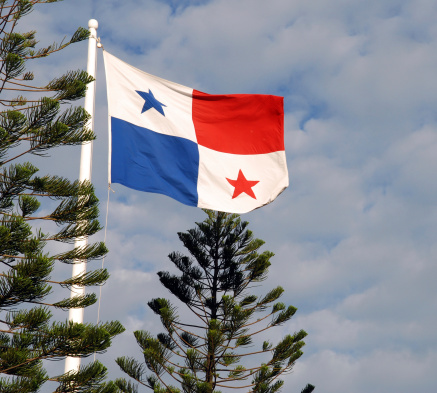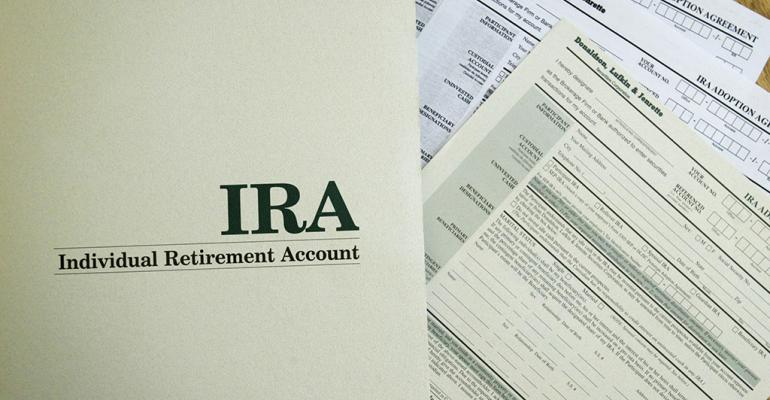Offshore Trust or Panama Foundation?
The top two international asset protection structures are the offshore trust and the Panama foundation. These tools are very different from one another and I don’t think of them as competing solutions. Even so, I’m asked all the time, offshore trust or Panama foundation? In this article I’ll try to explain the differences.
A properly structured offshore trust formed in and managed from a tax free and max protect jurisdiction such as Belize or Cook Islands, provides the strongest asset protection. A foreign trust is more secure than a Panama foundation and offers a wider range of estate and tax planning options.
But these benefits come with limitations. In order to maximize the asset protection benefits, you must be willing to give up control of the assets. An offshore trust is best when a foreign trustee and a foreign investment advisor are making the decisions.
Likewise, the settlor (you) and any U.S. persons connected to the trust should not have the ability to replace the trustee nor the right to terminate the trust. If these rights rest in a U.S. person, a U.S. court can compel the trust be dissolved and the assets brought back to this country.
In most cases, both the offshore trust and the Panama foundation will be tax neutral. They’ll not increase nor decrease your U.S. taxes and all income and gains generated in the structure will be taxable to the settlor as earned.
A trust has additional advanced tax planning options not available to the foundation. For example, you can build a dynasty trust or multi generational trust that can eliminate gift, estate, and capital gains tax. In addition, a trust can hold a U.S. compliant offshore insurance policy which will operate as a massive tax free account, with no capital gains and estate tax due when the assets are distributed to your heirs.
For these reasons, an offshore trust is best for someone who wants to put a nest egg offshore for his or her heirs. A foreign trust will provide the highest level of protection and give you access to banks and investment options around the world typically closed to Americans. And it will accomplish this by bringing in foreign advisors and other professionals to make the trades, distancing itself from its American owner.
An offshore trust is not the structure for someone who wants to manage their own investments, is an active trader, or wants to protect an active business. A trust is meant to be static and stable over many years. It’s the castle behind whose walls you store your wealth… a castle that will stand the test of time and will prove impenetrable for decades and generations to come.
If you prefer to balance flexibility with asset protection, then consider a Panama Foundation. While the offshore trust is about maximum protection, the foundation is about control and maximum privacy. If you need an estate planning and asset protection structure to hold an active business, look to a Panama foundation.
The Panama foundation is a hybrid foreign trust and holding company. It’s meant to hold both active businesses and investments (real estate, brokerage accounts, etc.). And it comes with many of the same asset protection benefits of a traditional offshore trust.
One reason I’m so high on the foundation is that it’s used by foreigners (Americans, Canadians, etc.), expats, and locals (Panamanians). Every wealthy family in Panama holds their local assets inside of a foundation. Also, the shares of most most banks, investment firms, and large businesses in the country are held inside of foundations.
Because Panama is a major financial center, and because the foundation is used by both locals and foreigners, it’s unlikely the laws will ever change. The Panamanian government will not reduce the protection or privacy of it’s foundations because to do so would go against their ruling class and entrepreneurs.
The bottom line is that both offshore trusts and foundations are sold asset protection and estate planning tools. Each has its strengths and weaknesses and each will give you access to a wide range of offshore banks and investment opportunities.
So, should you go with an offshore trust or Panama foundation? That depends on your situation. If the above hasn’t answered this question yet, then consider the costs of each and compare that to amount of assets you need to protect.
The costs to form an offshore trust can range from $10,000 to $30,000 compared to $3,500 to $9,500 for a Panama foundation. Also, the costs to maintain an offshore trust will be much higher than a foundation because of the use of foreign trustees and advisors. Most foundations are managed by the founder / owner.
For this reason I recommend a trust when a client has $2 million or more in assets they wish to protect. More importantly, they have this amount in cash and want to hold it offshore to be managed by a Swiss, Cook Islands, or Belize investment advisor.
A Panama foundation can be formed for a variety of reasons. Most clients either hold $100,000 in assets or an active business. Because of it’s lower cost, the foundation is an excellent estate planning tool for anyone with foreign investments.
I hope you’ve found this article on the offshore trust vs Panama foundation to be helpful. For more information, and a confidential consultation, please contact me at info@premieroffshore.com or call us at (619) 483-1708. We will be happy to review your situation and devise a custom solution that fits your needs.











Leave a Reply
Want to join the discussion?Feel free to contribute!